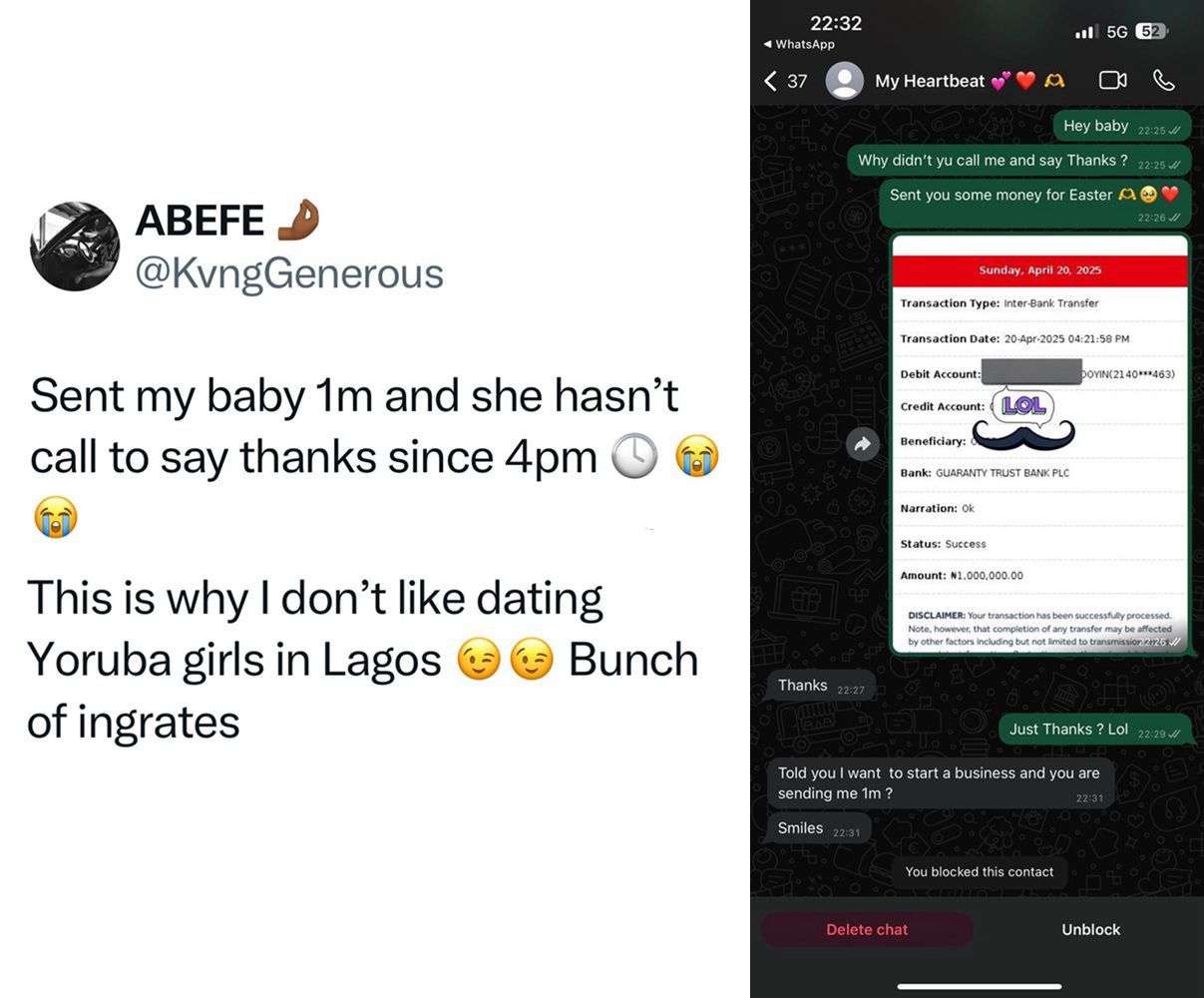
Minister David Umahi Denies N200 Million Debt And Sexual Harassment Allegations

Nigeria’s Minister of Works and former Governor of Ebonyi State, David Umahi, has firmly denied accusations leveled against him by businesswoman Tracynither Ohiri, who claims he owes her N200 million for promotional materials supplied during his 2014 governorship campaign. Umahi also refuted allegations of sexual harassment, calling the claims false and politically motivated.
Speaking during an inspection of the Independence Bridge in Lagos, Umahi dismissed the allegations as baseless and challenged Ohiri to provide concrete evidence to back her claims.
"The entire election in 2014 for me to be a governor did not cost me up to N100 million; so, how would campaign material be N200 million?" Umahi questioned. "Where is the contract paper? Where did you draw the money from? Can you publish your account where you withdrew the money?"
Umahi further suggested that Ohiri was being used as a pawn by political detractors, claiming that she had previously made similar accusations against other politicians.
"I think that woman is sponsored. I saw what she did to three other governors," he stated.
Determined to clear his name, Umahi announced plans to take legal action against those he believes are behind the allegations.
"That is why I am going to legally teach whoever is the sponsor some lessons," he declared.
In response to Umahi’s statements, Ohiri has continued her public campaign, insisting that her claims are valid. She has called on President Bola Tinubu to intervene and ensure that Umahi settles the alleged debt.
Ohiri, in an exclusive interview, claimed that Umahi had assured her of payment after securing victory in the 2014 governorship election. However, she alleged that he later refused to pay, instead making romantic advances toward her.
"When I supplied him with those goods, he told me that he did not have money but that I should not worry, that as soon as he finished contesting for the governorship election and won, he would repay me," Ohiri recounted. "So, at the time I was supplying those goods, he even told me that he went to Goodluck Jonathan to take some money for his election and that I should be patient."
She further alleged that after Umahi won the election, he began making inappropriate requests instead of fulfilling his financial obligations.
"When he won and became a governor, and I started asking him for my money, he started asking me out," she claimed. "So I gave him like a year and eight months before I started asking for my money. Every time I asked him for payment, he would say no problem, I am going to pay you. Then he would bring up the thing he had been discussing with me. I told him, 'No, I am a born again, I don't do those kinds of things, sir.'"
According to Ohiri, Umahi became enraged when she rejected his advances, leading to a breakdown in communication.
"When he mentioned it to me twice and I refused, he took offence and said, 'Do you know that since I was born, no woman has ever said no to me?' I said I didn’t know about that, but I cannot have anything to do with you. I want our relationship to remain strictly business. The next thing, he blocked me," Ohiri alleged.
She further claimed that Umahi later accused her of insulting him and vowed to make her suffer for it.
"So when I tried to reach him again, he started saying that I insulted him. He said that one day, he would make me pay for the insult. And that was how he stopped taking my calls till today, since 2015," she said.
Over the years, Ohiri has not relented in her pursuit of the alleged debt, taking her grievances to social media and staging public protests. In multiple videos, she has lamented how the financial loss has crippled her business and personal life for nearly eleven years.
Umahi’s strong denial and intention to take legal action suggest that the matter could escalate further. Meanwhile, Ohiri remains persistent in her demand for justice, calling on the Nigerian government to step in and mediate the dispute.
As the controversy unfolds, the public remains divided, with some questioning the timing and motives behind the allegations, while others call for a transparent investigation into the claims. Whether the legal action threatened by Umahi will materialize or whether Ohiri will finally receive the payment she claims to be owed remains to be seen.


